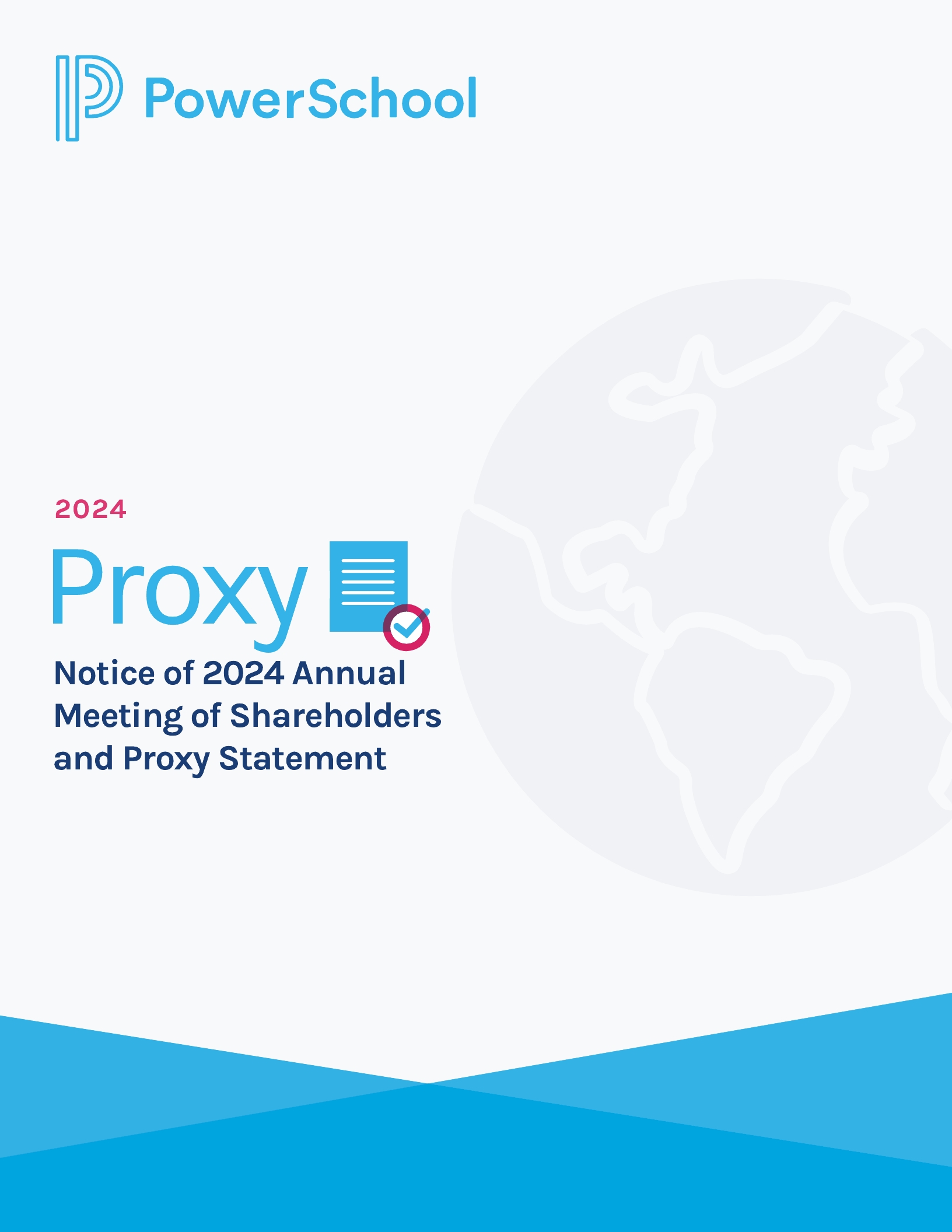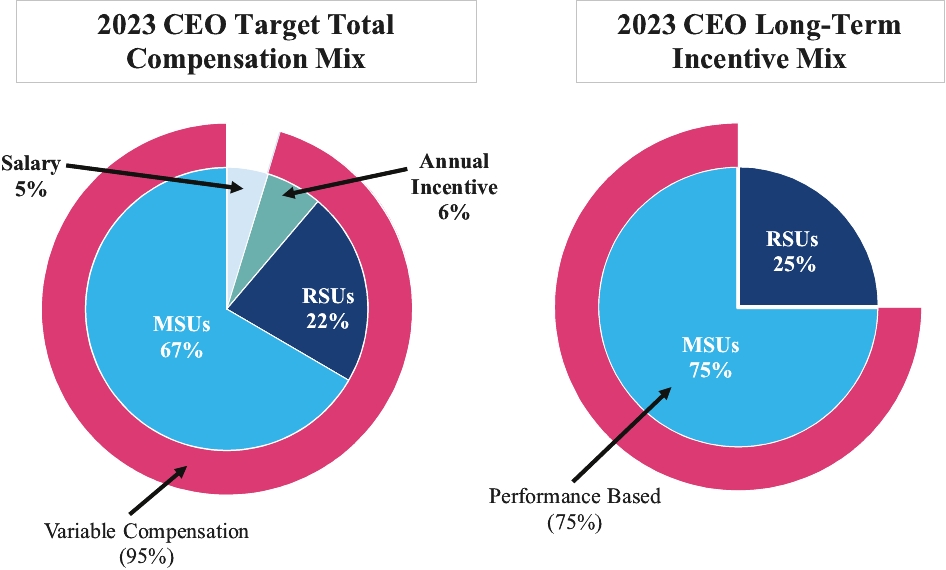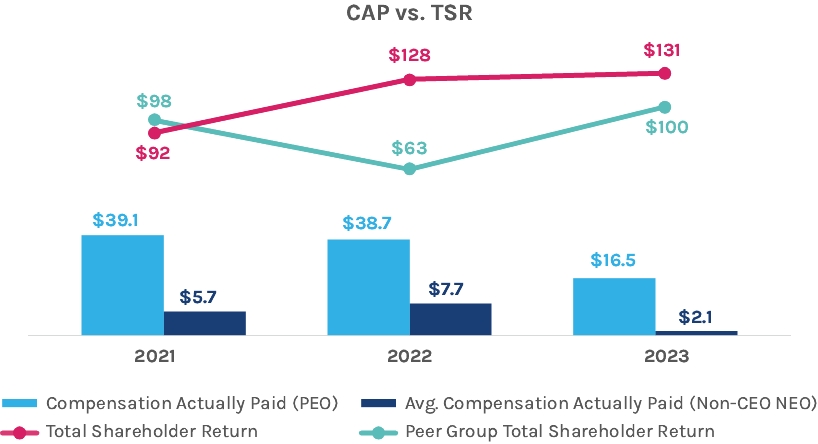We believe that in order for our Board to effectively guide us to long-term sustainable and dependable performance, it should be composed of individuals with sophistication and experience in the many disciplines that impact our business. In order to best serve our shareholders, we seek to have a Board, as a whole, that is competent in key corporate disciplines, including accounting and financial acumen, business judgment, crisis management, governance, leadership, people management, risk management, social responsibility, reputational issues, strategy, and strategic planning. Additionally, we desire that the Board have specific knowledge related to our industry, such as expertise in software and technology.
The Compensation and Nominating Committee of the Board (the “Compensation Committee”) believes that all directors must, at a minimum, meet the criteria set forth in the Company’s Code of Ethics and the Corporate Governance Guidelines, which specify, among other things, that the Compensation Committee will consider criteria such as independence, diversity, age, skills, and experience in the context of the needs of the Board. In addressing issues of diversity in particular, the Compensation Committee considers a nominee’s differences in gender, ethnicity, tenure, skills, and qualifications. The Compensation Committee believes that diversity of backgrounds and viewpoints is a key attribute for a director nominee. While we do not have a formal policy on diversity, when considering the selection of director nominees, the Compensation Committee considers individuals with diverse viewpoints, accomplishments, cultural background, professional expertise, and diversity in gender, ethnicity, race, skills, and geographic representation, that, when considered as a group, provide a sufficient mix of perspectives to allow the Board to best fulfill its responsibilities to the long-term interests of our shareholders.
Currently, of the 10 directors on our Board, five individuals self-identify as women and three individuals self-identify as ethnically-diverse. The Compensation Committee also will consider a combination of factors for each director, including (a) the nominee’s ability to represent all shareholders without a conflict of interest, (b) the nominee’s ability to work in and promote a productive environment, (c) whether the nominee has sufficient time and willingness to fulfill the substantial duties and responsibilities of a director, (d) whether the nominee has demonstrated the high level of character, ethics and integrity expected by the Company, (e) whether the nominee possesses the broad professional and leadership experience and skills necessary to effectively respond to the complex issues encountered by a publicly-traded company, (f) the nominee’s ability to apply sound and independent business judgment, and (g) the diverse attributes of the nominee, such as differences in background, qualifications, and personal characteristics.
The Compensation Committee has determined that all of our directors meet the criteria and qualifications set forth in the Company’s Code of Ethics, the Corporate Governance Guidelines, and the criteria set forth above for director nominees. Moreover, each director possesses the following critical personal qualities and attributes that we believe are essential for the proper functioning of the Board to allow it to fulfill its duties for our shareholders: accountability, ethical leadership, governance, integrity, risk management, and sound business judgment. In addition, our directors have the confidence to assess and challenge the way things are done and recommend alternative












